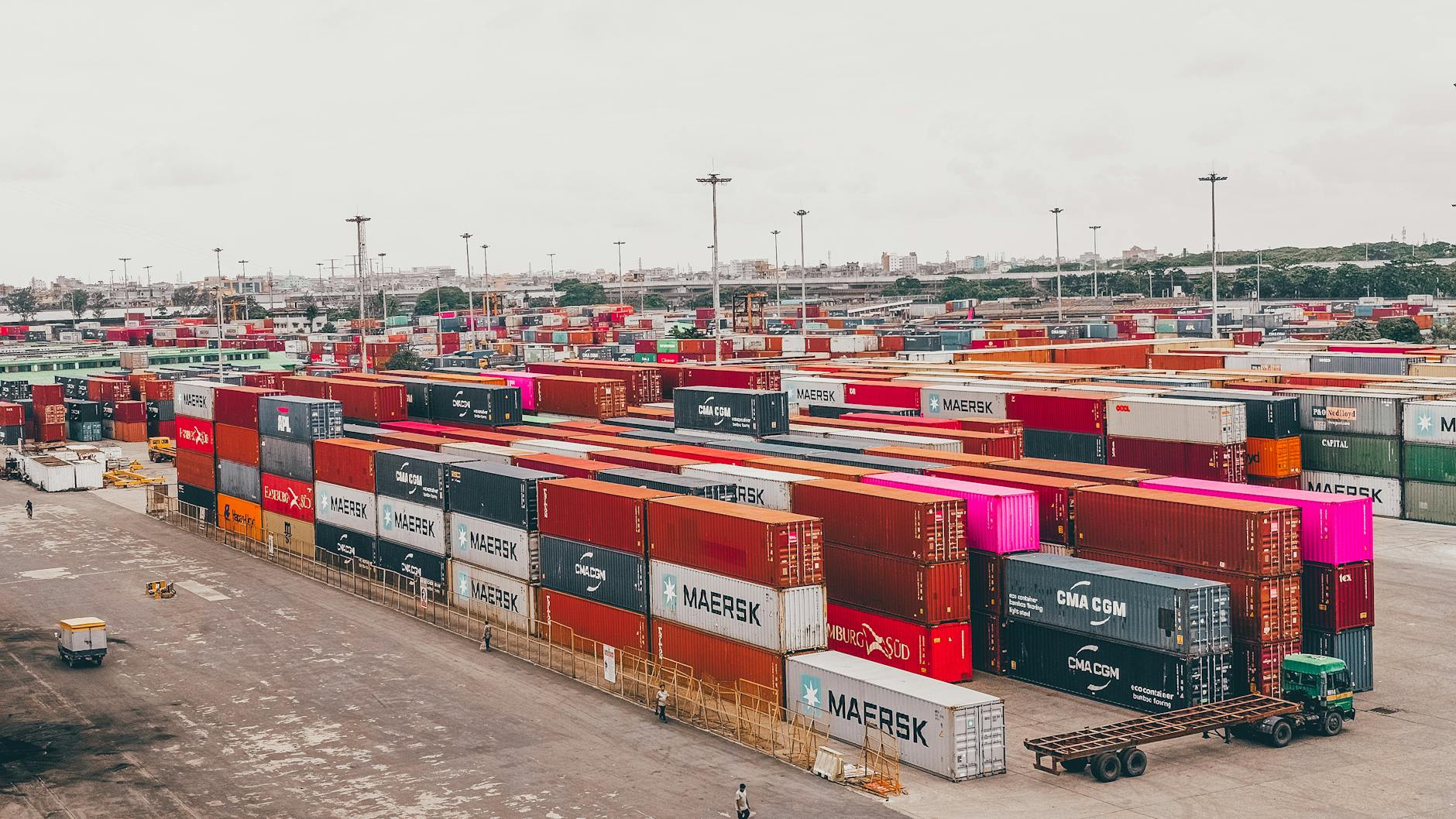The triangular trade, operational from the 16th to the 19th centuries, reshaped the world’s economic landscape. The routes connected Europe, Africa, and the Americas in a cycle that involved the horrific transport of enslaved people, exchange of goods, and the flow of raw materials. But what was the effect of this trade on Africa?
The Structure of Triangular Trade
Triangular trade consisted of three main parts:
- Europe to Africa: European ships carried manufactured goods to Africa, trading these items for enslaved individuals.
- Africa to the Americas: Enslaved Africans were transported across the Atlantic Ocean in a brutal journey known as the Middle Passage, often resulting in high mortality rates.
- Americas to Europe: The final leg involved shipping agricultural products like sugar, tobacco, and cotton back to Europe, creating significant wealth for European traders.
This cycle not only transformed economies but also had devastating social implications for African societies.

Photo by Md Sihabul Islam
Depopulation and Social Disruption
One of the starkest effects of triangular trade on Africa was depopulation. Millions of people lost their lives during the raiding and transport processes. Communities were uprooted, and cultures were forced to adapt or disappear altogether. Not only did families lose members, but entire social systems were thrown into disarray.
Consider this: if each community lost a significant portion of its people, how would it maintain its traditions, governance, or even its economic systems? The answer lies in the systemic weakening of many African societies.
Economic Consequences
While triangular trade enhanced European wealth, it left Africa impoverished. The focus on capturing and selling enslaved people diverted attention from productive economic activities. As wars and slaving raids disrupted agricultural output, many regions faced food shortages and economic instability.
The introduction of European goods like firearms made conflicts more destructive and frequent. In a desperate bid for survival, some African kingdoms became deeply intertwined with the slave trade, often at the expense of their own people.
Ethnic Divisions and Violence
The triangular trade also exacerbated ethnic divisions within Africa. European powers would often manipulate existing rivalries, pitting tribes against one another to gain access to enslaved individuals. This manipulation planted the seeds of mistrust and hostility, which have lingered through generations.
Picture a society structured around unity. Suddenly, factions appear—friends turn into foes. This fracturing has had lasting repercussions, contributing to ongoing conflicts in parts of Africa today.
Long-term Effects on Development
The historical traumas wrought by triangular trade didn't simply vanish. Research has shown correlations between areas heavily impacted by the slave trade and those facing significant economic challenges today. Regions that lost a large number of people to slavery often remain impoverished, struggling to achieve economic stability.
The trade stunted agricultural development, which hindered long-term industrial growth. The lack of a robust labor force meant that Africa was less equipped to compete globally in the centuries that followed.
Cultural Impact and Resistance
Despite the overwhelming suffering, some African communities resisted the trade. Across the continent, individuals and groups fought back against the enslavement of their people. This resistance was often rooted in cultural pride and a desire to preserve identities.
These acts of defiance serve as reminders of resilience amidst horrific conditions. Today, many African nations reflect on these histories, celebrating their diverse cultures and heritages as a testament to their endurance.
Conclusion
The effect of triangular trade on Africa was catastrophic, with long-lasting social, economic, and cultural ramifications. While European powers gained wealth and resources, African societies suffered severe depopulation, conflict, and economic decline. The impacts can still be felt today, shaping discussions around reparations and social justice.
Understanding this history is essential as we explore Africa's modern challenges. Reflecting on the past allows for a deeper comprehension of persistent inequalities and the ongoing fight for equity, healing, and recovery within African communities.
